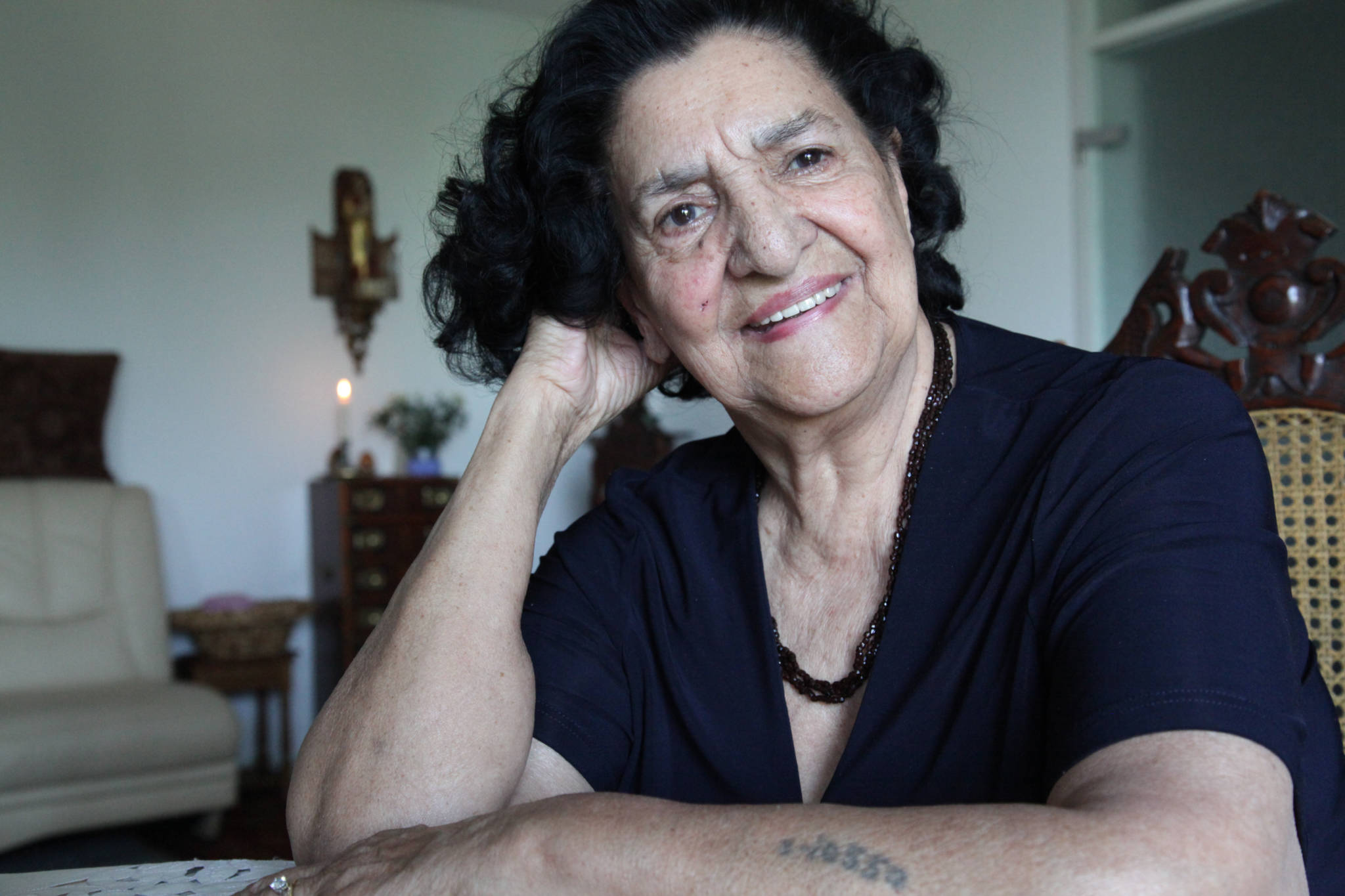
Philomena Franz passed away on 28 December 2022 at the age of 100 in her flat in Rösrath. As a German Sinteza, she was persecuted by the National Socialists: she had survived the concentration and extermination camp Auschwitz-Birkenau and lost many relatives in the Holocaust against the Sinti and Roma in Nazi-occupied Europe. After 1945, she committed to being a contemporary witness, processed her past experiences through writing books and campaigned for reconciliation.
Romani Rose, Chairman of the Central Council of German Sinti and Roma, paid tribute to her life:
“Throughout her life, Philomena Franz has been a strong advocate for the equal participation of our people in this country. Through her tireless work as a contemporary witness and civil rights activist, she had a significant influence on the positive developments of the past decades with regard to our minority. She was one of the first authors to write about her experiences in the concentration and extermination camps, thus giving a voice to many others. She never resigned herself to the lack of recognition of the injustice against Sinti and Roma. Her work for reconciliation and understanding deserves our respect.”
Philomena Franz was born into a family of musicians on 21 July 1922 in Biberach an der Riß. Her grandfather Johannes Haag had played the cello in a string quartet that had won an international competition in 1906 and received the “Golden Rose” from the hand of King Wilhelm II of Württemberg. Following Himmler’s arrest decree of 1939, Philomena Franz’s family was registered for identification purposes and was no longer allowed to leave their place of residence. In 1943, Philomena Franz was deported to Auschwitz, and in May/June 1944 she was transported to the Ravensbrück concentration camp. Thus, she was able to escape the extermination programme of 2 August 1944 in Auschwitz-Birkenau, in which the last 4,300 prisoners of the “Gypsy family camp” were murdered. After an initially failed escape attempt from Ravensbrück, she successfully escaped from a camp near Wittenberge in 1945 and saved her life with the help of a German farmer who hid her. Most of her family, including her closest relatives, were murdered in the Auschwitz-Birkenau or other concentration and extermination camps.
In the 1970s, Philomena Franz began her commitment as a contemporary witness due to the ongoing experiences of discrimination and against the background of the refused recognition of the genocide crimes against the Sinti and Roma. She spoke in schools, universities, but also on talk shows and radio programmes and thus contributed to raising public awareness of Sinti and Roma as victims of Nazi persecution.
“About her experiences in the Nazi extermination camps, Philomena Franz wrote: ‘I am a bird, I cannot fly. My wings have been clipped.’ Through her tireless work for reconciliation and the voice she raised throughout her life for peaceful, common coexistence, Philomena Franz has grown wings again. I very much wish that her voice will continues reverberating for long time to come,” Romani Rose said today.
Philomena Franz was awarded the “Federal Cross of Merit on Ribbon” in 1995 for her work for reconciliation and understanding.
Testimony on the occasion of 2 August 2021, European Holocaust Memorial Day for Sinti and Roma



